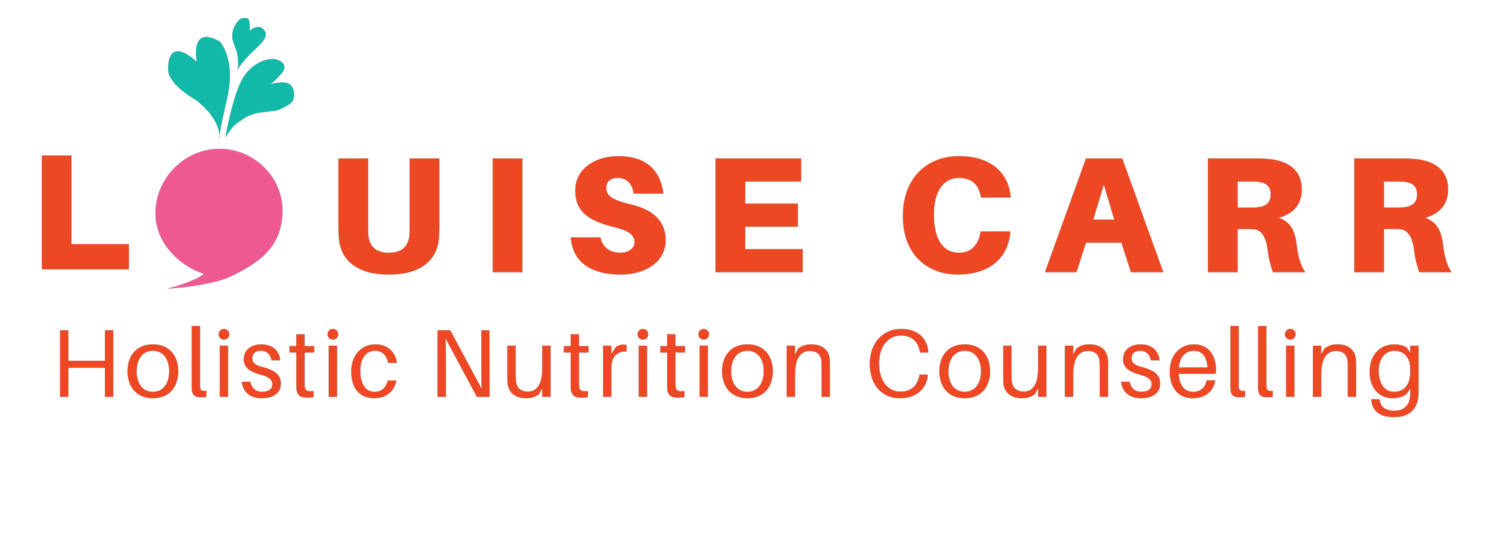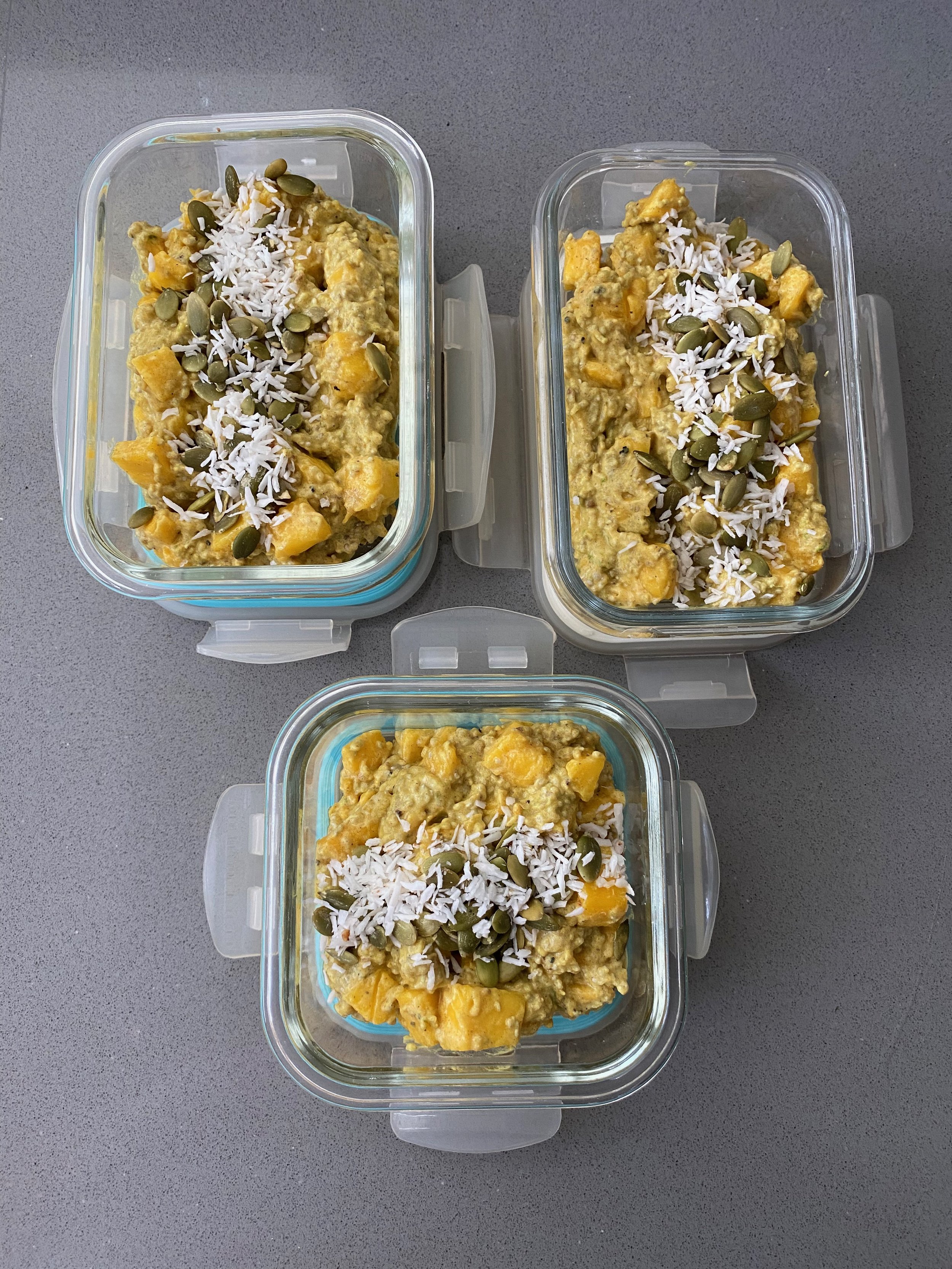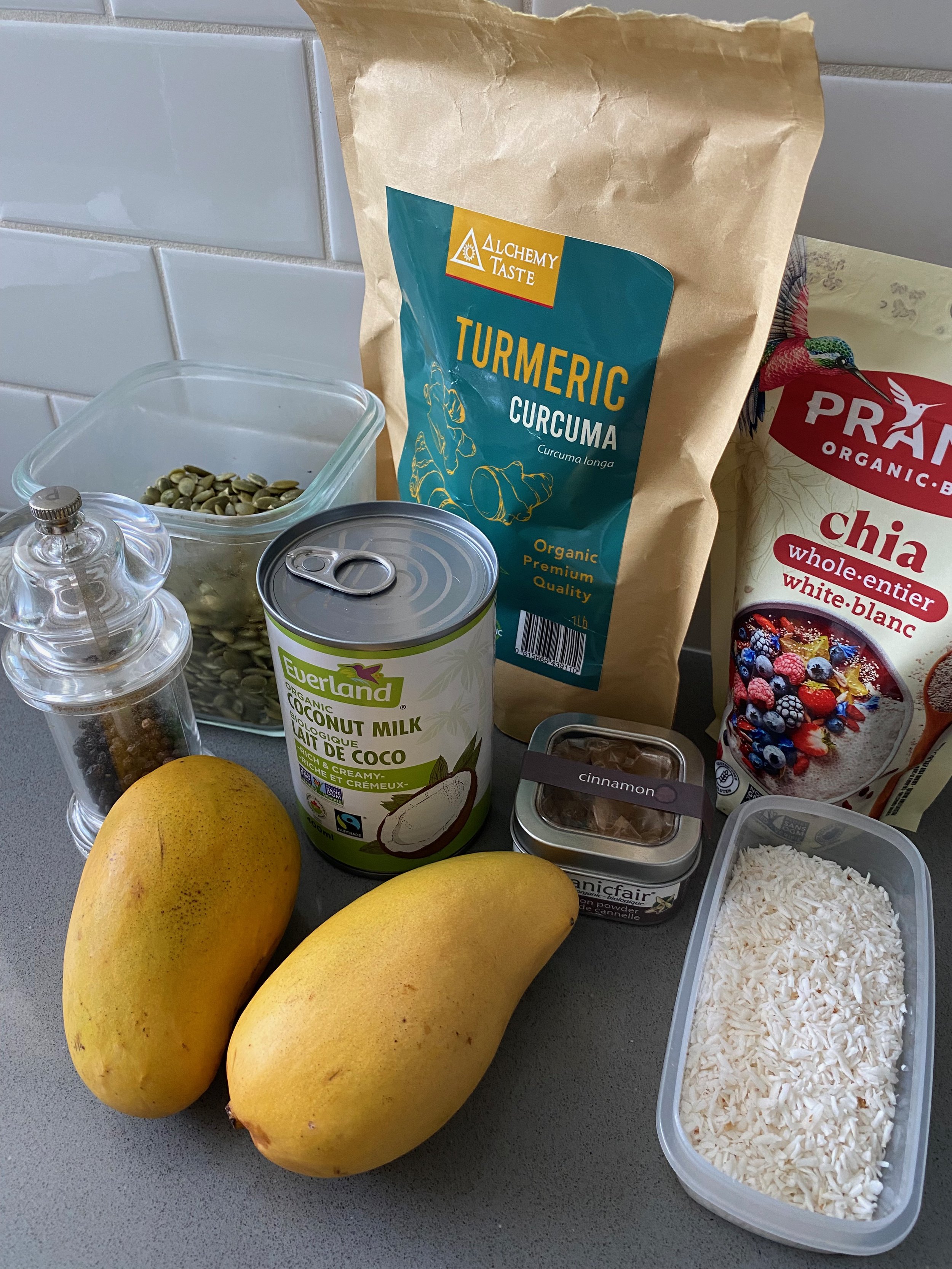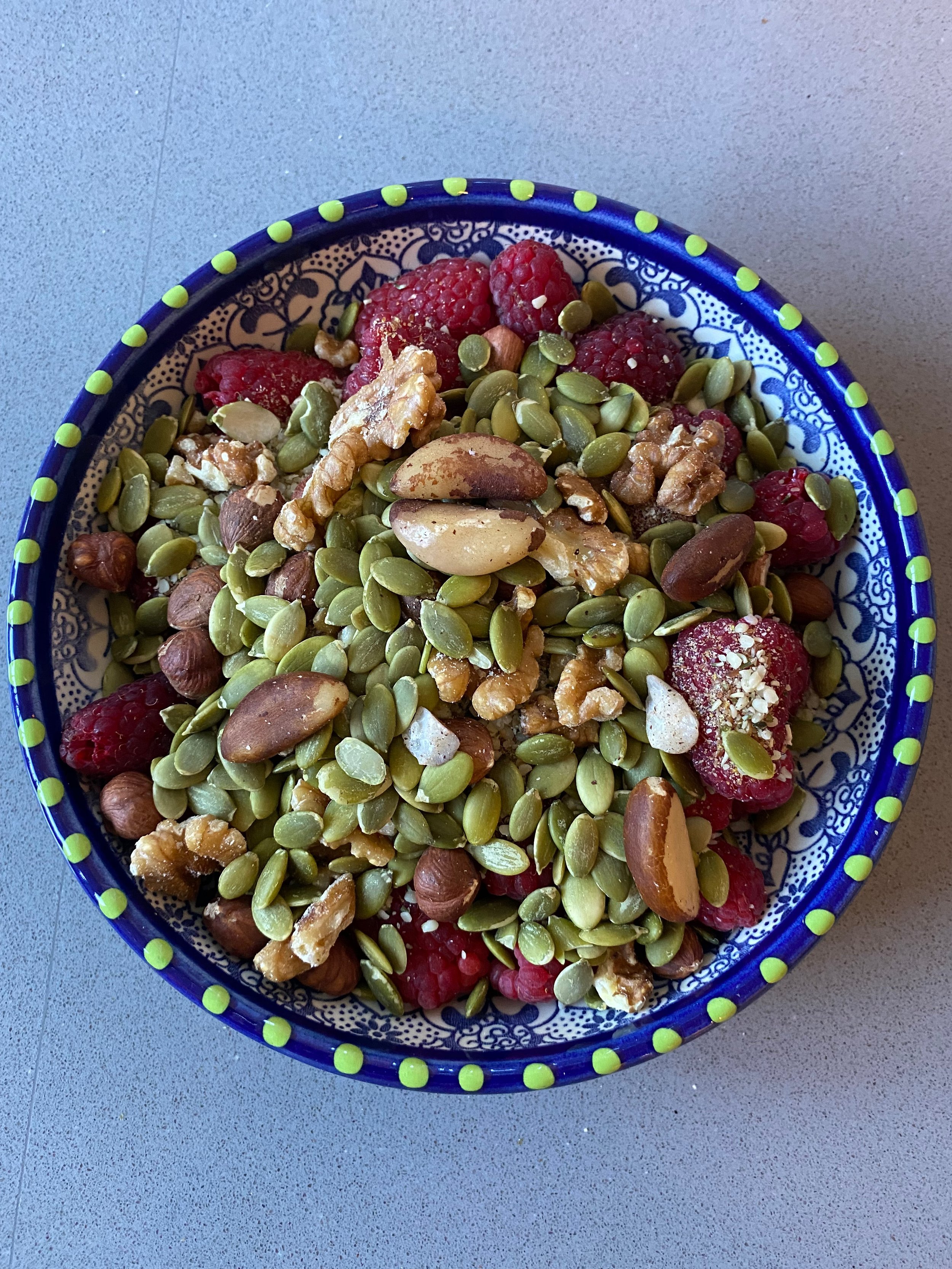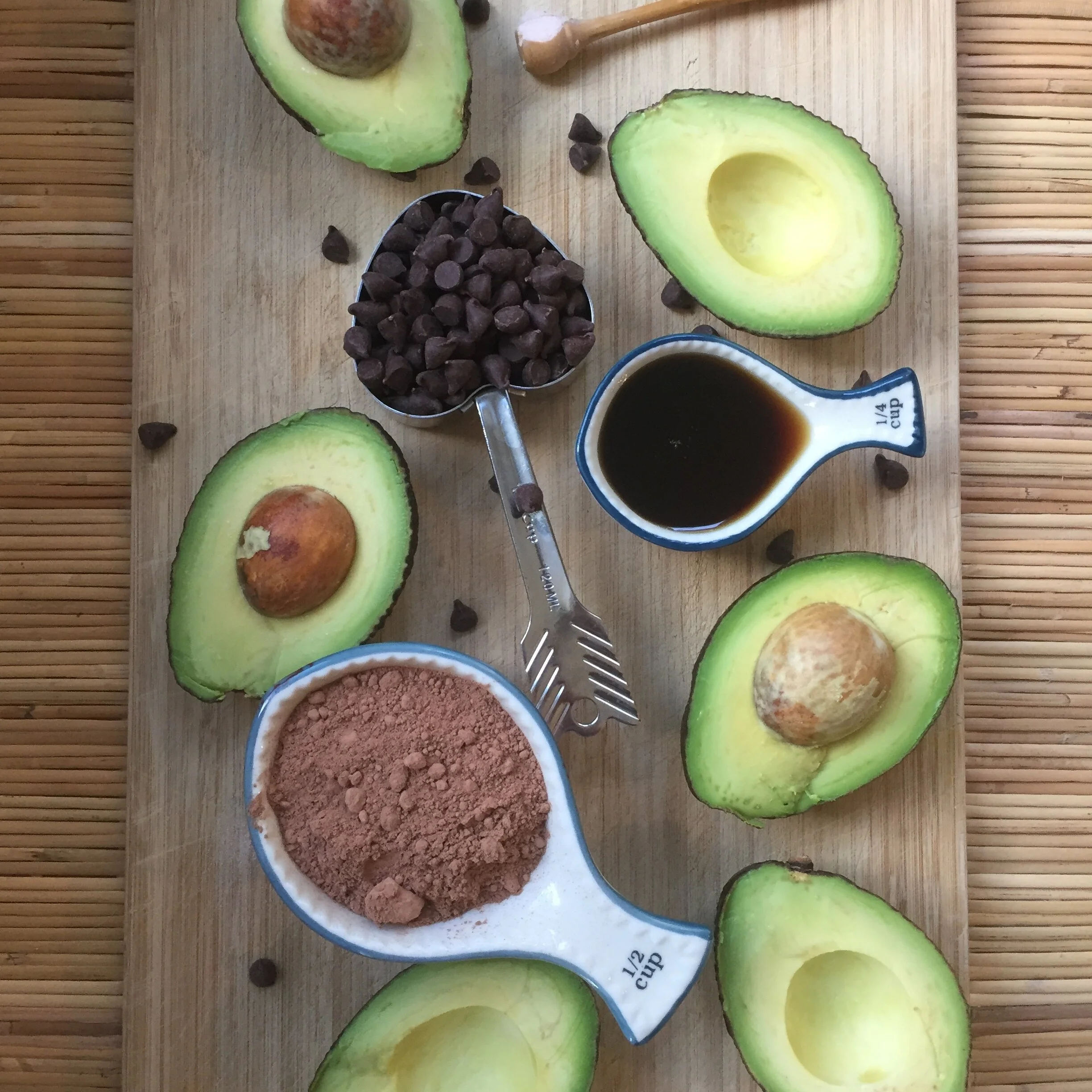Midlife women are under tremendous pressure to maintain their youthfulness, thinness and sex appeal in our current society. This new research into womens heart health and hormones is telling us, our focus should lie not on our appearance but firmly on our wellbeing and cardiovascular health.
As we move through hormonal change, the greatest tools for ensuring cardiovascular health over the longer term are food and exercise.
When we get empowered around our food and exercise we are putting control over the outcomes for our health back into our own hands and on our plate.
Let’s look at the foods that help us to move the dial on our cardiovascular health.
Drink your water lady! Our cardiovascular system relies on the smooth running of blood around the system. HYDRATE!
Eat your fibre! Fibre is the midlife womans best friend. It helps to manage excess hormone, maintains the health of our microbiome…an important part of hormone regulation in peri-menopause and supports heart health. Fibre with each meal will help you to maintain your ideal weight and supports metabolic health. Our metabolic health…how we handle sugar, will either support your best cardiac health or tear it down. Eat vegetables, nuts seeds, fruits, berries, beans and lentils. You can also include some whole grains into your diet for fibre but the grain and dairy based diet that is the Standard American Diet is destroying our health, no matter how much we are subsidizing farms to produce these foods in distorted food policies.
Eat your healthy fats. If you are fat phobic because skinny is your ‘health’ goal, you are eating to undermine your heart health. Include olive oil, avocados, walnuts, flax oil, wild salmon, sardines, almonds, pumpkin seeds, sea bass, whole eggs, chia seeds, anchovies, coconut oil, avocado oil, hemp seeds, almond butter, olives, tahini, butter and mackerel. Supplementing with 1000mg of high quality omega 3 fatty acids each morning is also a wise choice.
Avoid sugar, trans fats and processed seed oils such as canola, corn, sunflower and soya oil that drive inflammation in the body. Avoid highly processed fat free foods that are full of fillers and chemicals designed to have the ‘mouth feel’ of fats.
Enjoy foods rich in vitamin E! Vitamin E changes the surface of our red blood cells to decrease the viscosity of our blood. Red blood cells become more slippery and blood flow is improved. Vitamin E can be found in avocados, sunflower seeds, almonds, hazelnut oil, almond oil, pine nuts, wild salmon and Rainbow trout, pistachios, kiwi fruit, Brazil nuts and peanuts. Interestingly supplementation with vitamin E capsules has been shown to reduce the incidence of hot flashes during peri-menopause. Taking 400iu of vitamin E containing mixed tocopherols (vitamin E is made up of different methylated phenols) will support your heart health and reduced hot flashes.
Eat a diet rich in the relaxation mineral magnesium. Magnesium relaxes our vasculature and musculature and supports a lower blood pressure. It is found in leafy greens, avocados, nuts and seeds, beans and lentils, wheat bran and dark chocolate or cacao. Magnesium is a co-factor in over 300 tiny biochemical reactions inside the body but it is estimated by the World Health Organization, less than 60% of the US population get sufficient magnesium in their diet. You know you are short on magnesium if you are constipated, have an annoying eye twitch or restless leg syndrome. Magnesium is fantastic for supporting heart health and aiding sleep. A supplement of 250mg of magnesium citrate, if you are constipated, or magnesium biglycinate, if you are not, taken at bedtime will support heart health and help you to sleep.
